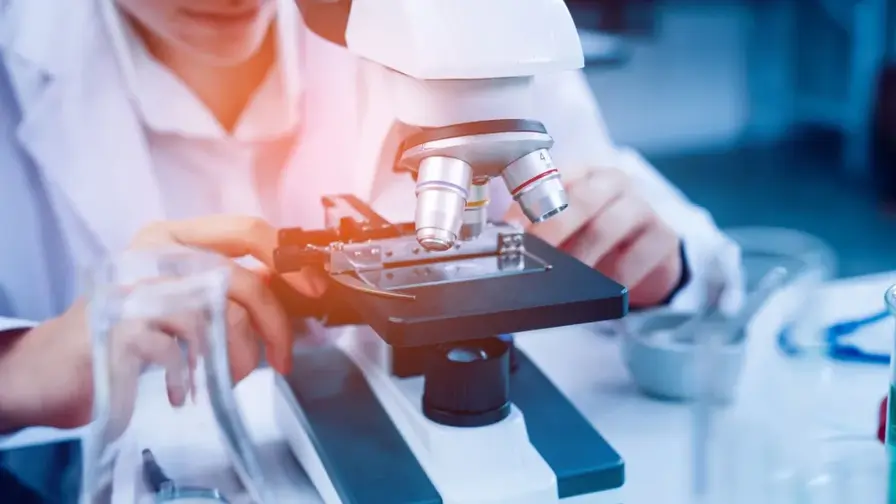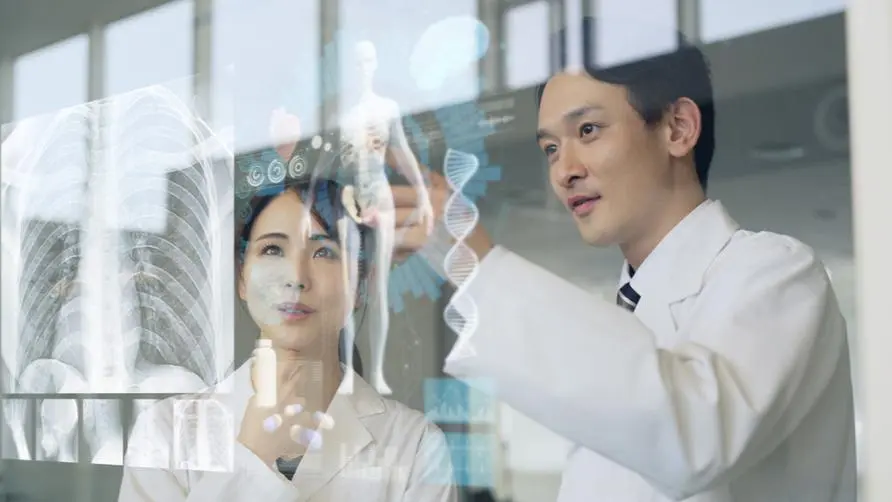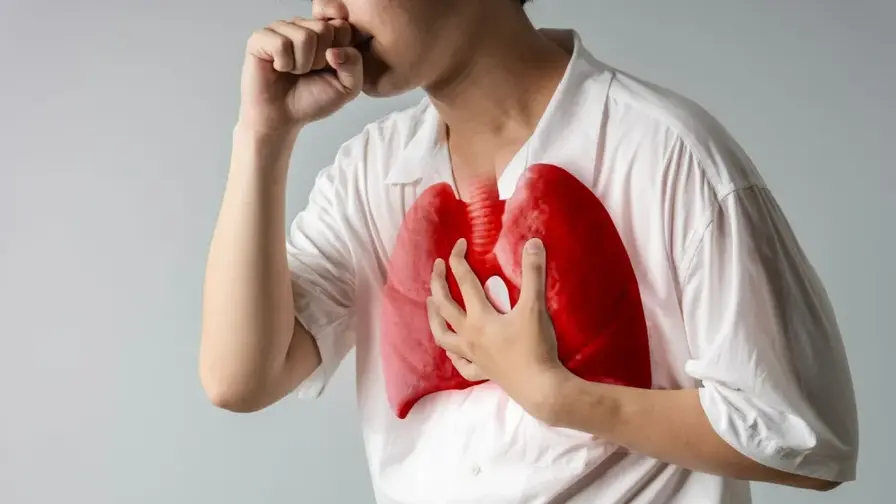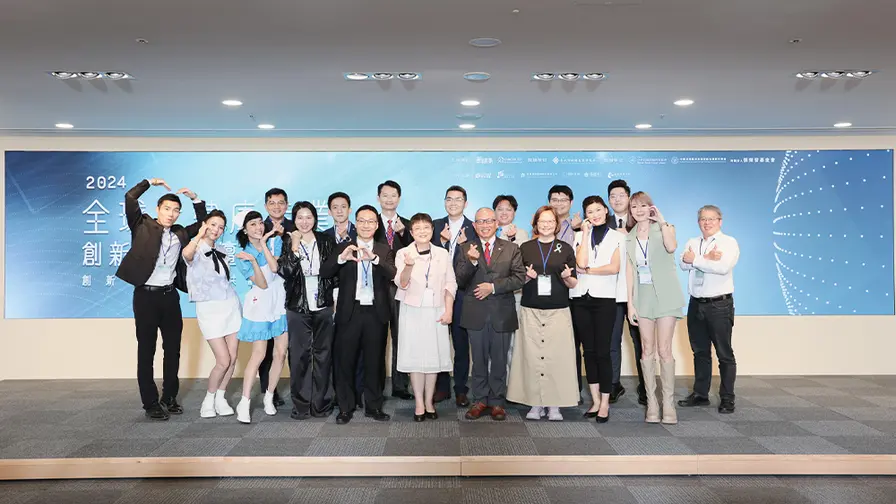The cancer-killing effect is astonishing! "Nature" animal research confirms: "Probiotic vaccine vector" has huge therapeutic potential

Revolutionary progress in cancer treatment! The authoritative medical journal “Nature” published a document on October 16, revealing that future cancer treatments are expected to be in the form of “probiotic vaccine vectors” to activate the immune system and accurately kill cancer. The literature mentioned that the research team used the Nissle 1917 (EcN) strain as a carrier to deliver tumor neoantigens to the tumor microenvironment and successfully inhibited primary and metastatic tumors in mice.
Revolutionary progress in cancer treatment! Probiotics modified to have cancer-killing potential
A research team from Columbia University in the United States pointed out that currently existing cancer vaccines are often difficult to identify and target tumor-specific antigens, resulting in limited therapeutic effects. “Tumor neoantigens” are antigens produced by unique mutations in tumor cells, which can be recognized by the immune system and trigger an immune response. Therefore, neoantigen vaccines are considered to have great potential in treating cancer.
In order to practice effective cancer vaccination, the research team specially selected a probiotic strain: “Nissle 1917 (hereinafter referred to as EcN)” as the main research focus, which has been clinically proven to have a certain degree of safety. In addition, this strain has natural “tumor homing” properties, can specifically colonize tumor sites, and has the ability to modulate anti-tumor immunity.
The research team modified the EcN strain through the following measures: First, “remove the hidden plasmid.” EcN contains a hidden plasmid, which may inhibit the number of copies of the transformed recombinant plasmid. After removal, the level of therapeutic plasmid DNA can be increased. Second, delete the “Lon” and “OmpT” proteases in the EcN strain. These two proteases will degrade neoantigens. After deletion, they can increase the accumulation of neoantigens and increase the sensitivity to phagocytosis and blood clearance, thereby increasing the efficiency of antigen delivery.
Third, listeria hemolysin O (hereinafter referred to as LLO) was introduced. LLO can allow neoantigens to enter the cytoplasm for presentation to CD8+ T cells via MHC class I molecules and enhance IL-12 production to promote TH1-type immunity. It should be noted that although the genetically modified engineered strains are derived from probiotics, they no longer have the characteristics of typical probiotics and are no longer beneficial to intestinal health. They are more like carefully designed drug delivery vehicles.
Probiotic vaccine vector combines safety and cancer treatment efficacy with “6 major potentials”
After the EcN strain was modified, the research team conducted a series of experiments to evaluate its safety and efficacy. First, the team found that the new strain was more easily cleared by human blood and bone marrow-derived macrophages than the original strain, and was also significantly attenuated in biofilm formation. Biofilms are the primary mechanism by which bacteria resist the immune system and antimicrobial agents, and these results suggest that engineering new strains has a good safety profile.
As for the production and delivery efficiency of the new strain’s antigens, after removing the hidden plasmid and Lon and OmpT proteases, the new strain can produce 80 times more neoantigens than the original strain. The introduction of LLO also enhanced the delivery efficiency of neoantigens. Safety and efficacy were both confirmed, and the research team immediately began trials in mice with colorectal cancer and melanoma. Test results show that the new strain exhibits significant anti-tumor effects in cancer mouse models:
Inhibit tumor growth. Compared with mice treated with a placebo or an engineered strain that did not express the neoantigen (hereinafter referred to as the control group), the tumor growth rate of the mice treated with the new strain was significantly slower and the tumor volume was also significantly reduced.
Extend the survival period. Compared with the control group, the survival period of mice treated with the new strain was significantly prolonged and they were still alive 45 days after transplantation; while all mice in the control group died.
Start immune response. The new strain can effectively activate “dendritic cells” and jointly cause the proliferation and activation of CD4+ and CD8+ T cells, producing a specific immune response to tumor neoantigens. In addition, tumor-infiltrating lymphocytes (TIL) in mice treated with the new strain can recognize and kill tumor cells expressing neoantigens.
Reduce immune suppression. The new strain was found to help reduce the immunosuppressive effects of the tumor microenvironment. In addition, it was also found that in tumors in mice treated with the new strain, the number of immunosuppressive myeloid cells and regulatory T cells decreased, while the number of dendritic cells increased.
Inhibit tumor metastasis. In a mouse model with metastatic tumors, the research team observed that the new strain can effectively inhibit tumor metastasis and prolong the survival of mice.
Has a certain degree of safety. The modified new strain of EcN did not cause obvious toxicity or side effects in mice. The possible reason is that the sensitivity of the new strain to blood clearance is 1,000 times higher than that of the original EcN strain, and it is significantly more effective in biofilm formation. weakened, which helps to significantly improve the safety of the drug in mice.
Probiotic vaccines enable personalized treatment? Experts reveal 3 breakthroughs: It is possible to “drug cancer”
Dr. Tal Danino, the lead author of the study, said that the study designed 19 and 42 neoantigen probiotic vaccines for colorectal cancer and melanoma in mice, respectively, based on tumor mutation genomic information and the use of bioinformatics tools to predict filtered. This means that the treatment is expected to target individual tumor-specific mutations and design probiotic vaccines containing their tumor-specific neoantigens to achieve personalized treatment.
The broad targeting ability of tumor neoantigens also gives neoantigen probiotic vaccines the opportunity to treat a variety of cancers. Dr. Danino believes that probiotics can be designed to carry gene fragments encoding multiple tumor neoantigens and be delivered to the tumor microenvironment. Theoretically, as long as neoantigens of different cancer types can be identified, corresponding probiotic vaccines can be designed for treatment.
In addition to the potential for customized treatment, neoantigen vaccines are also expected to be used in combination with immune checkpoint inhibitors (such as PD-L1 inhibitors). The modified probiotic vaccine can effectively reduce the number of immunosuppressive cells in the tumor microenvironment. For example, PD-L1+Ly6G+ polymorphonuclear cells, and PD-L1+F4/80+ macrophages, these immunosuppressive cells will suppress the anti-tumor immune response.
The efficacy of probiotic vaccines has not been confirmed in human trials and remains to be verified
Dr. Danino emphasized that this study is currently only validating the efficacy and safety of probiotic vaccine vectors in colorectal cancer and melanoma mouse models. There are differences in the immune system and tumor microenvironment between mice and humans, so it is necessary to continue in the future. Conduct clinical trials to verify the safety and efficacy of probiotic vaccine vectors in human cancer patients.
With current technology, the screening of neoantigens still relies on bioinformatics analysis, and existing bioinformatics tools cannot completely accurately predict the immunogenicity of neoantigens. In addition, the colonization and persistence of probiotics in the body require further study. This trial did not evaluate the long-term efficacy of the probiotic vaccine carrier, and the potential risks of long-term use are unclear.
In general, tumor neoantigen vaccine vectors based on modified probiotics can be regarded as a promising new strategy for cancer treatment. However, whether it can be applied to humans or even used as a regular treatment option for cancer in the future remains to be determined by scientists. Researched and verified.
Source:
Probiotic neoantigen delivery vectors for precision cancer immunotherapy
Further reading:





